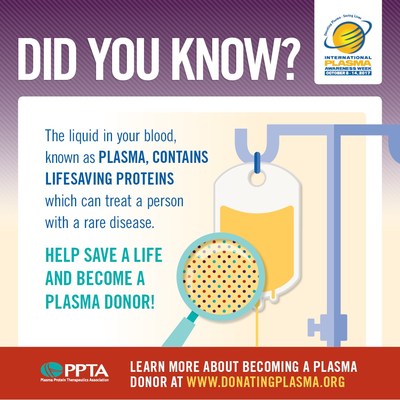

Our screening test ensures that your blood pressure and haemoglobin levels are within a safe range for you to donate.Įvery infectious disease has a window period.

Your haemoglobin level is 12.g for females and 13.g for males/dL or above.Your blood pressure is below 180 systolic (first number) and below 100 diastolic (second number) (180/100mmHg) and above 100 systolic (first number) and above 60 diastolic (second number) (100/60mmHg).Your pulse is between 60-100 regular beats per minute.You have not donated blood in the last 56 days (and platelets in the last 14 days.).You have had a balanced meal within four hours of donating blood.You consider your blood safe for transfusion.You weigh a minimum of 50 kgs (and platelets a minimum of 55 kgs).You are between the ages of 16 and 75 years old, for first time donors.Minimum Requirements to be a Blood Donor: As South Africans, we can all be proud of our dedicated and selfless voluntary donors who regularly donate blood to save lives of thousands of our people every year. The universal access to safe blood is the lifeline for the healthcare system of any nation. Please ask questions or tell us if you do not understand the instructions and notify us about any changes in your condition after leaving the donation site. Following Instructions: You are responsible for following post-collection instructions as given.Eligibility: You are responsible for providing accurate and complete information to SANBS regarding eligibility to donate blood.

The SANBS does not tolerate any form of abuse or harassment of other donors or staff at its collection sites.

Respect: You have the right to be treated with courtesy and respect in all interactions with SANBS employees and volunteers.
#REQUIREMENTS TO DONATE PLASMA FULL#
To ensure that donors and prospective donors have full confidence in the blood donor process, we state the following rights and responsibilities of all donors The SANBS values its blood donors, as we could not fulfill our lifesaving mission to the South African community without the support of blood donors. Giving your lifesaving blood to help in the medical care of patients justifies respect, courtesy, trust, and appreciation.


 0 kommentar(er)
0 kommentar(er)
